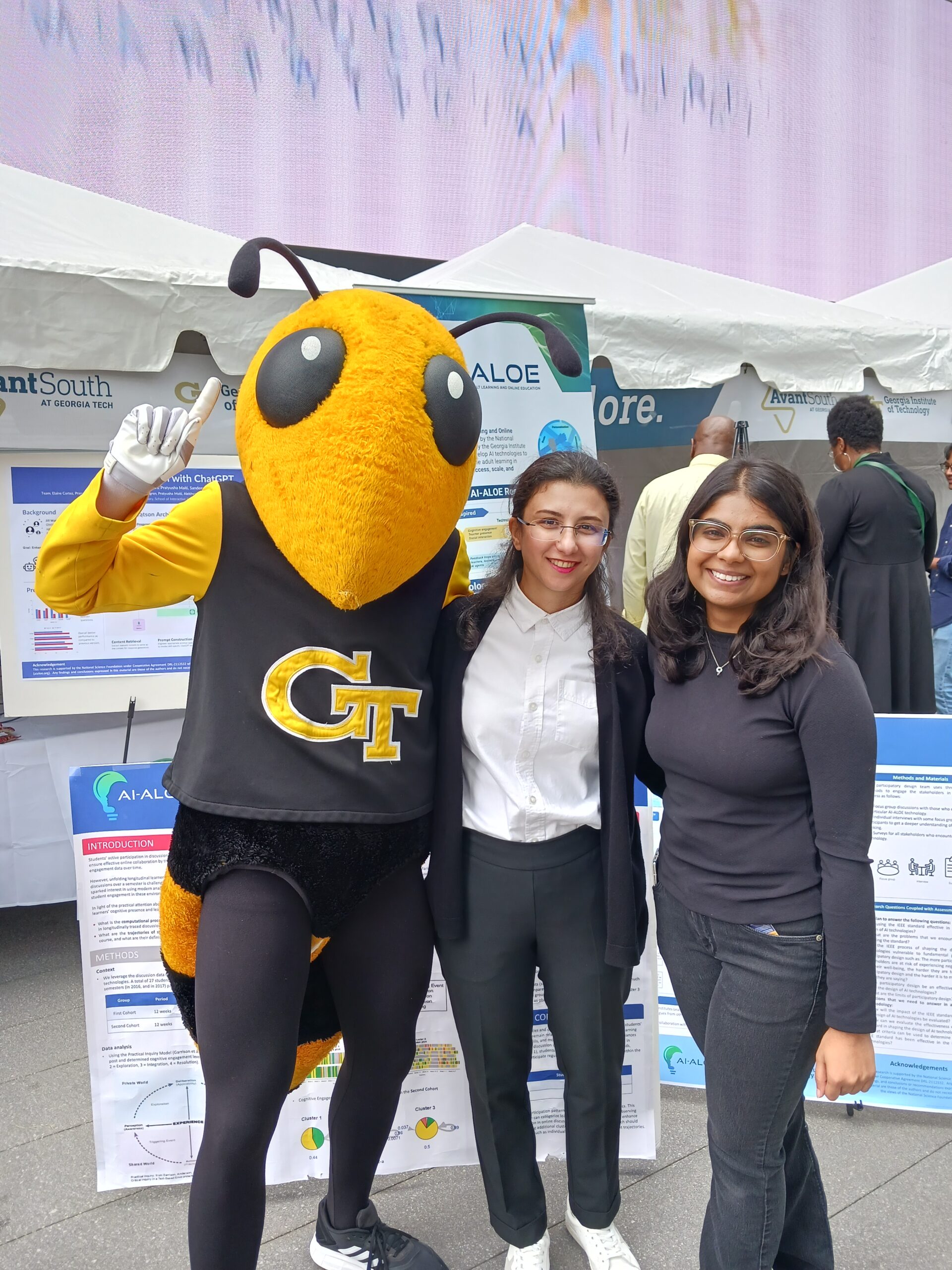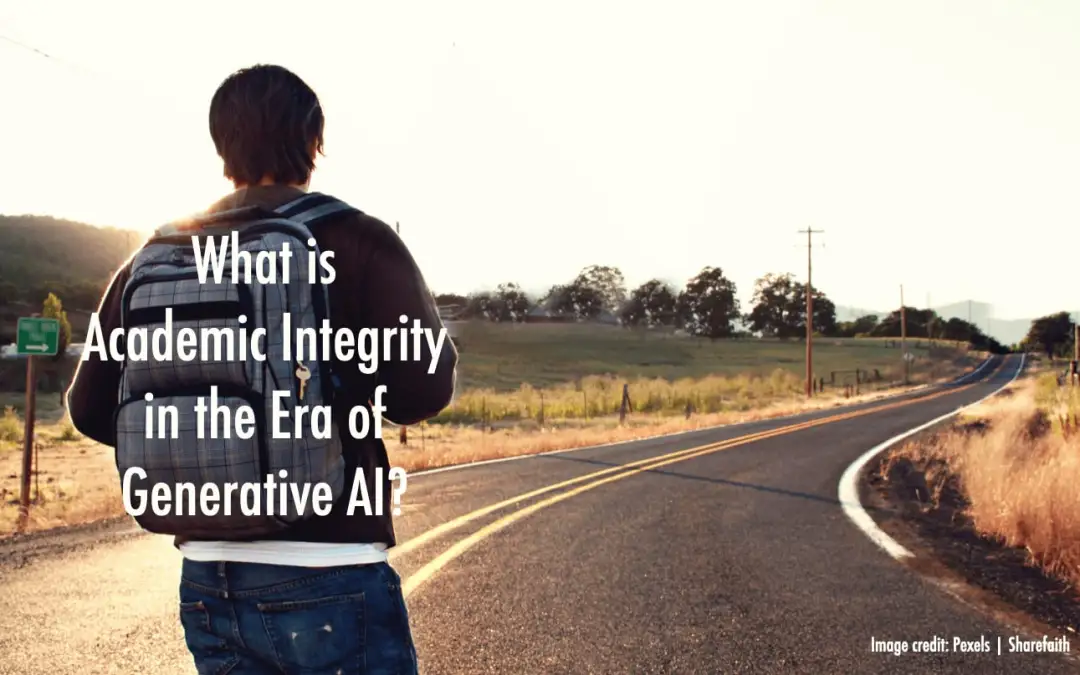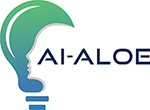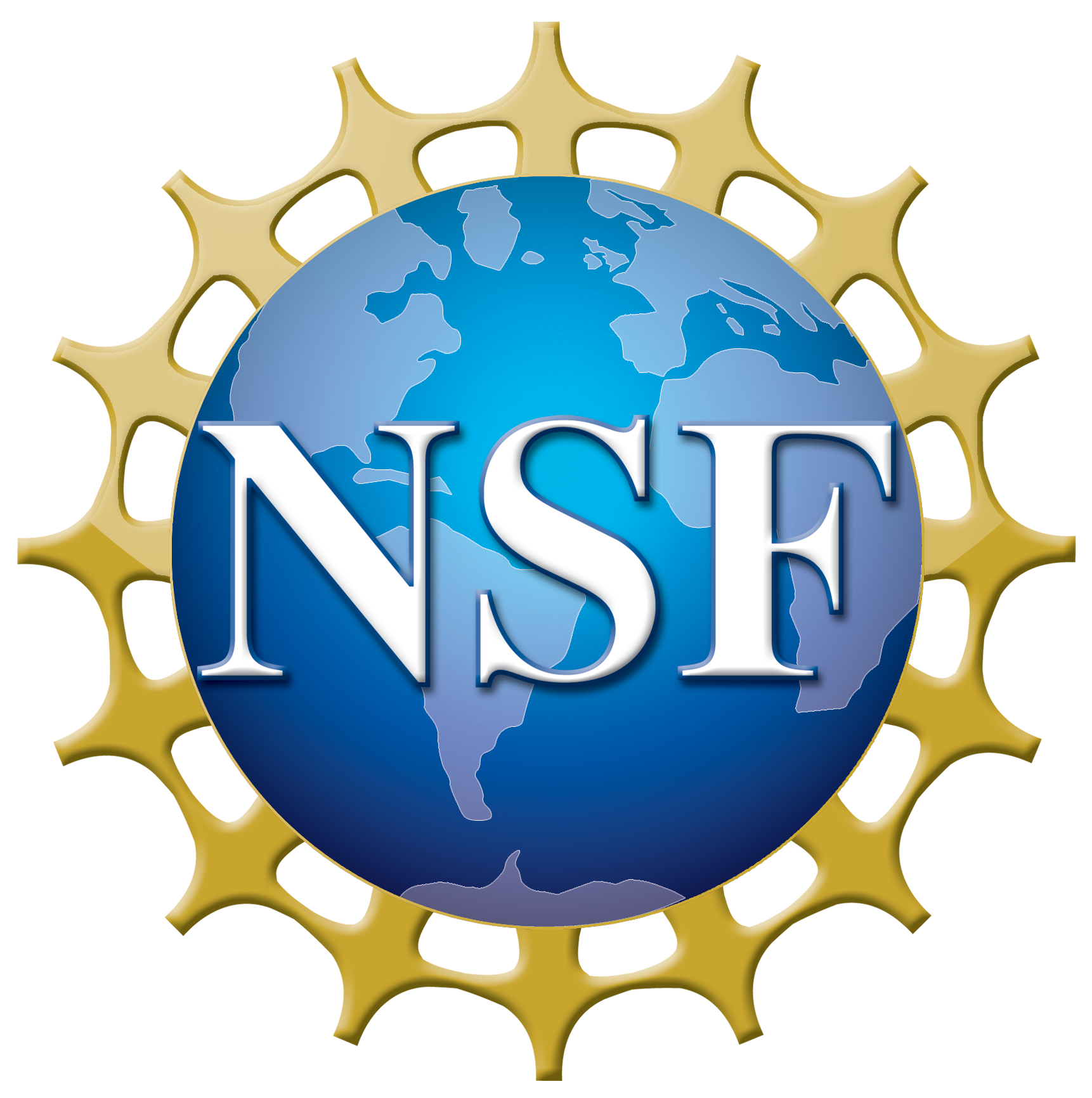
Jan 24, 2024 — Today, Andrew Jones from Wiley presented at the AI-ALOE webinar. As the Director of AI and MLOps at Wiley, he has been collaborating with AI-ALOE since its inception in 2021. The focus of his talk was on learner-facing Generative AI at Wiley, specifically exploring frameworks and use cases.
Wiley’s learner-facing products already incorporate recommender-based adaptive learning systems and knowledge state modeling techniques. The talk highlighted the impact of rapid advances in LLM (Large Language Model) technology on redefining the interfaces between learning activities and learners. This shift necessitates changes in design, development, and testing philosophies.
During the presentation, Andrew discussed the frameworks employed by Wiley in problem-solving assistance and user-LLM-text interactions. The talk also included demonstrations of ongoing work in progress, providing insights into the innovative approaches Wiley is adopting to enhance learner experiences through Generative AI.
Share this post

Jan 17, 2024 — The Learning Agency Lab is hosting a competition focused on developing automated techniques for detecting and removing personally identifiable information (PII) from educational data, specifically in student writing. The primary goal is to create models that can effectively identify and eliminate PII, ultimately reducing the cost of releasing educational datasets. Successful automation in this area would benefit learning science research and facilitate the development of educational tools by enabling access to large public educational datasets. The competition aims to support researchers and industry professionals in leveraging the potential of such datasets for the creation of effective tools and interventions to support teachers and students.
Click to Join Competition
Timeline:
- January 17, 2024: Start Date.
- April 16, 2024: Entry Deadline. Participants must accept the competition rules before this date to compete.
- April 16, 2024: Team Merger Deadline. Last day for participants to join or merge teams.
- April 23, 2024: Final Submission Deadline.
Prizes:
Leaderboard Prizes
- 1st Place: $13,000
- 2nd Place: $10,000
- 3rd Place: $5,000
Efficiency Prizes
- 1st Place: $15,000
- 2nd Place: $12,000
- 3rd Place: $5,000
All deadlines are at 11:59 PM UTC on the corresponding day unless otherwise noted. The competition organizers reserve the right to update the contest timeline if they deem it necessary.
Share this post
Jan 9, 2024 — Can we make project-based learning (PjBL) successful, scalable, and sustainable in large online classes? See Chaohua Ou and David Joyner explore this question through a longitudinal study, Seven Years of Online Project-Based Learning. This study is grounded in a model that integrates four core components: project-phase curriculum, online self-directed learning, online communities of inquiry, and online feedback at scale, reinforced by three instructional strategies: scaffolding, modeling, and mentoring. Read the full paper for detailed implementation of the model, student survey findings and their implications for workforce development, online education, and STEM education, as well as student perspectives on succeeding in online PjBL.

Summary Conclusion: A longitudinal study spanning seven years confirmed the success, scalability, and sustainability of an online Project-Based Learning (PjBL) model within a graduate course. The study revealed the intricate relationship between individual attributes and the perceived effectiveness of online PjBL, offering valuable insights for addressing challenges in workforce development, online education, and STEM education. These findings promise more inclusive and effective pedagogical practices in diverse educational settings. While designed for online PjBL, educators can adapt its principles to suit different contexts, though further research is necessary to understand its impact on learning performance and its applicability across disciplines and academic levels.
Read more: https://onlineinnovationsjournal.com/streams/scholarship-of-online-teaching-and-learning/558e61304d6df55a.html
Share this post
Dec 14, 2023 — AI-ALOE recognizes Barbara Oakley, one of our EAB members, for receiving the 2023 McGraw Prize in recognition of her contributions to lifelong learning. Oakley’s dedication and expertise truly aligns with the goals and work of AI-ALOE.
In a recent statement, Oakley emphasized the potential impact of integrating “learning how to learn” into AI-ALOE’s personalized learning approach.
She highlighted that this addition could generate measurable and positive results, particularly benefiting the most disadvantaged learners whom our initiative aims to support.
Oakley has also made learning easier for millions of people from all walks of life by revealing how insights from neuroscience can improve our understanding of challenging concepts in math and engineering—and countless other fields.
To hear more from Barbara Oakley on this subject, you can watch the video, here.
About McGraw Prize
The Harold W. McGraw, Jr. Prize in Education recognizes innovators who unleash human potential through technology, methodology, and leadership. Since its creation, more than 100 remarkable leaders in all fields of education have been recognized and celebrated, many of whom continue to play transformative roles today (All 2023 Winners)
Share this post
Oct 24, 2023 —
AI-ALOE leaders and researchers Ashok Goel, Chris Dede, Scott Crossley, and Vrinda Nandan participated in a panel discussion titled: How AI Is Empowering Adult Learning and Online Education during the ELAI GLOBAL 2023 online conference hosted by Empowering Learners, Oct 23-25, 2023.
Title: How AI Is Empowering Adult Learning and Online Education
Abstract:
In the face of technological advancements and the evolving digital economy, the need for workforce upskilling and reskilling is a universal challenge. Tailored online education for adult learners is paramount for a brighter future, irrespective of location or profession. It’s especially crucial for marginalized groups seeking customized learning experiences that align with their unique needs and aspirations. This session explores four key innovations being developed by the National AI Institute for Adult Learning and Online Education (AI-ALOE): controlled use of large language models (generative AI), advanced product management and data analysis capabilities, AI tools for conversational courseware and scalable personalization of learning, and the realization of the Community of Inquiry model for online learning at scale.
Watch the panel discussion here: https://www.youtube.com/watch?v=H31Cv-b8GXA
Share this post
Oct 5, 2023 —
Photos of AI-ALOE members at the Avant South Street Innovation Showcase in Tech Square’s Coda courtyard and symposium Sept 28-29, 2023. The Institute is demonstrating a clear visual representation of the increasing impact of artificial intelligence in the field of education. This event functioned as a platform for various departments and Institutes to present their research, innovations, and demonstrations to a diverse audience that included students, staff, and the general public. Learn more about Avant South, here.


Share this post

Sept 29, 2023 —
AI-ALOE’s Director, Ashok Goel (Georgia Tech), along with Executive Committee Member Adie Shimandle (Technical College System of Georgia), showcased the Institute’s progress in AI and adult education during the NSF AI Day and AI Hill Day at the Capitol, this month.

Share this post
Sept 6, 2023 —
In a recent CNN opinion piece, Ashok Goel provides valuable insights into how artificial intelligence (AI) is shaping the new era of education. Drawing from his work on tools like Jill Watson, which not only has the potential to enhance human capabilities but also fosters creativity among students and professors, Goel highlights the transformative effects of AI. These include not only improved access to education but also the liberation of valuable time for essential tasks.
The broader article gets into AI’s far-reaching impact across various industries, recognizing its potential to automate a substantial portion of jobs on a global scale. To paint a comprehensive picture of this transformation, the article gives the perspectives of experts spanning diverse fields, including medicine, law, art, retail, film, technology, education, and agriculture.
This collective insight offers a holistic view of how AI is poised to reshape work and the labor force across a wide spectrum of industries. To read the full article, click the link: https://www.cnn.com/2023/09/05/opinions/artificial-intelligence-jobs-labor-market/index.html
Share this post
Aug 21, 2023 — Vanderbilt University, University of Massachusetts Amherst, and University of Oregon Secure Top Prizes in National Assessment of Educational Progress Automated Scoring Challenge. Winners include members of AI-ALOE from Vanderbilt University (Co-PI, Scott Crossley; Student Researchers, Langdon Holmes and Wesley Morris).
NCES Commissioner Peggy G. Carr highlights fairness and accuracy of advanced scoring methods, affirming potential for broader implementation. Automated algorithms closely match human scoring, demonstrating effectiveness for open-ended math responses. Teams showcase transparent technical approaches and fairness analyses, reinforcing integrity. Challenge supports NCES’s integration of data science and machine learning. More details: https://github.com/NAEP-AS-Challenge/math-prediction.” To read full article, click here.
Share this post

Aug 9, 2023 —
Chris Dede, AI-ALOE Co-Principal Investigator and Senior Research Fellow at Harvard Graduate School of Education, discusses academic integrity in the context of generative artificial intelligence (AI). He points out that while generative AI can assist in various tasks, such as creating initial drafts, it is crucial to maintain academic integrity by preserving the value of original thinking, creativity, and expression. Dede highlights the limitations of generative AI, comparing it to a digital parrot that lacks understanding and consciousness. He emphasizes that AI should be used to enhance human judgment skills, such as decision-making and deliberation, rather than replacing critical thinking. Dede mentions the efforts of various AI research institutes, including AI-ALOE, EngageAI, and Student-AI Teaming, in developing tools and applications to empower learning while upholding academic integrity. He warns against using generative AI as a mere band-aid for outdated education systems and advocates for transformative education that leverages AI to foster meaningful learning experiences. Read more…

